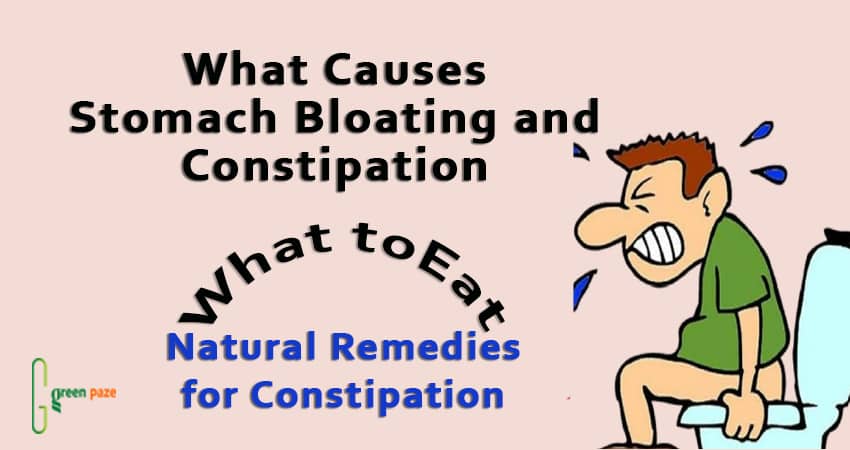
How often do you hear yourself or your friends complaining about stomach bloating and constipation? We often say we're bloated when we feel full, but for many people, the problem is linked to an underlying chronic condition. If you often feel bloated and constipated, you may have a condition like irritable bowel syndrome (IBS), which affects up to 24 percent of people.
Stomach bloating and constipation can make everyday life difficult. If you experience these two symptoms at the same time, you might feel concerned. For most people, stomach bloating and constipation often go away on their own. It just takes a little time and we can get rid of it through awareness regarding what to eat in our everyday diet or foodstuffs.
However, in some rare cases, these symptoms are severe enough to require medical attention. Learn more about the conditions that cause stomach bloating and constipation, how to relieve them, and when to see a doctor.
What is Bloating?
Forming gas in the stomach is a normal thing for humans. Stomach bloating is a condition where your belly feels full and tight.
People may confuse bloating with other reasons for a more noticeable abdomen, such as a flabby or loose abdominal wall. This is common, especially in older women and women who have had children.
It's important to know the difference, so you can get the proper treatment. A tight stomach can make it easier to tell when the intestines are full of food or stool.
What Causes Stomach Bloating
A common cause of stomach bloating is CONSTIPATION. You may be constipated and not realize it because less bowel movement than usual is a symptom of constipation. You may be constipated even after regular bowel movements. Other symptoms of constipation include:
1. Struggling to initiate or complete a bowel movement.
2. A stool that has the appearance of pebbles and rocks.
3. Not feeling full after having a bowel movement.
Abdominal discomfort and stomach bloating may be aggravated by constipation, the more time bacteria have to stay for fermenting the contents of your stool in your colon, the more gas and bloating it will cause.
In addition to stomach bloating and constipation, can also result from:
1. Gut Sensitivity (GS): IBS sufferers may be particularly sensitive to gas, which can result in discomfort, cramping, and diarrhea.
2. Small Intestinal Bacterial Overgrowth (SIBO): Generally speaking, healthy individuals have a small number of bacteria in their small intestines (SIBO). People who have had intestinal surgery, IBS with diarrhea, or both are more likely to have SIBO, which can result in stomach bloating.
3. Gastroparesis: This condition results in a delayed emptying of the stomach, which can bloat you out and make you feel sick. It can even block your bowels.
4. Gynecological Conditions: For the women, stomach bloating can occasionally be brought on by gynecological conditions, such as issues with your ovaries or uterus. Make sure to always get your annual pelvic exam.
How to Resolve Bloating
Actually, how to fix bloating? Usually, changing your diet is the first line of defense against stomach bloating and gas. A low-FODMAP (fermentable oligosaccharides, disaccharides, monosaccharides, and polyols) diet has been shown to help with IBS and gas symptoms. A low-FODMAP diet steers clear of ingredients in food that can ferment and cause gas, including:
1. Wheat, onions, garlic, legumes and beans are rich of Oligosaccharides which is risk to resolve bloating.
2. Lactose in milk, yogurt, and ice cream contains Disaccharides that not good to resolve bloating.
3. Some fruits like apples contain monosaccharides including fructose (it is a type of sugar found in fruits and honey) should avoid or don’t take frequently if you think it is doing trouble bloating or creating gas in stomach.
4. Some foods like apricots, nectarines, plums and cauliflower, as well as even many chewing gums and candies that holds polyols or sugar alcohols, you must avoid.
The small intestine occasionally fails to fully absorb these carbohydrates in people who are sensitive to FODMAP-rich foods; instead, they are passed to the colon, where bacteria ferment them and release gas. You can discard these kinds of foods that are high in FODMAPs, again gradually then add those foods into your diet one at a time to identify any foods that may be the cause of your bloating and gas.
Long-term prevention of bloating depends on knowing what causes it. A diet high in fiber, water, and exercise may be helpful for mild constipation, but these measures won't always help with chronic constipation. It's important to discuss your symptoms of bloating with your doctor because chronic constipation and other conditions, like IBS or gastroparesis, call for medical attention.

Constipation
Constipation is the clinical term for a discharge in bowel movements or trouble passing stool. Eating specific foods can assistance to ease and prevent constipation.
This article makes sense of what constipation is and outlines the sign of the condition. It also lists high-fiber foods and drinks that may help alleviate it.
We will also be informed of some alternative options and talk about when a person needs to see a doctor.
What is Constipation?
Constipation or having a bowel movement less than three times a week is normal from time to time, but if it continues more often, it can be very uncomfortable and painful.
Constipation is very common issues. One of the studies in the United States shows that, around 16 in 100 adults experience symptoms of constipation. Age is a factor that increases the risk of constipation, with constipation affecting approximately 33 in 100 adults aged 60 and older.
Symptoms of Constipation
Symptoms of constipation is included dry, hard stools, an unpleasant feeling of fullness, and a constant feeling that your bowels have not completely emptied after using the toilet. To get rid of constipation naturally, it is important to exercise regularly, drink plenty of water and eat foods rich in fiber, a type of carbohydrate that stimulates digestion.
"Increasing fiber helps with constipation because fiber helps move food through the digestive system," says Ayanna Davis, MS, a nutritionist at the UCSF Cancer Center and owner of Ayana Davis Nutrition. You can try over-the-counter laxatives for immediate constipation relief, such as stool softeners and fiber supplements. You can stimulate bowel movements by elevating your legs on a stool. Here are the foods you should and shouldn't eat and the laxatives you can take when you're constipated.
High Fiber Foods and Constipation Relief
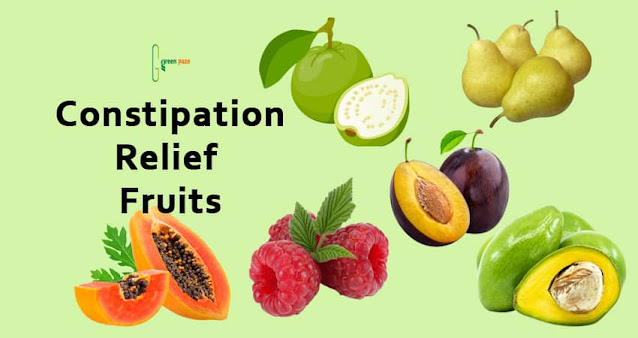
High fiber foods are very significantly play role for our good health. Certain types of high fiber foods promote weight loss, lower blood sugar levels, and of course fight constipation A study revealed by the Academy of Nutrition and Dietetics recommends consuming about 14 grams of fiber/high fiber foods for every 1,000 calories daily. It is roughly 24 grams of fiber for women and 38 grams for men. An estimated data unfortunately showed that 95% of American adults and children don’t meet the recommended daily fiber intake. In United States of America (USA), the average daily fiber intake is estimated to be 16.2 grams. Though high fiber foods have a great impact to relief constipation of course but it's best to gradually increase your fiber intake to five grams per day, as adding fiber too quickly can cause cramps, bloating, or gas and sometimes make constipation worse.
8 Foods that Natural Remedies for Constipation
Bloating or constipation is a normal biological condition for humans because it is related to food intake. This bloating or constipation is a common condition in people of all ages, starting from children, but with age, the digestive power of people gradually decreases and the problem can be fatal if not noticed properly. Diet can be one of the main causes of constipation. Most people consume only 15 grams of fiber per day, which is half of the recommended daily intake of fiber. Consuming 25 to 38grams of fiber daily is essential to prevent and relieve constipation.
However, since food intake is a biologically necessary process, the question is what to eat or what to eat when bloated and constipated? We should or should not include anything in our daily diet that can cause bloating and constipation. Food cravings should be curbed because it is important for us to stay healthy. So, let's know what to eat or what to eat when bloated and constipated. Besides, we will focus on natural remedies for constipation. Though bowels respond to food differently from person to person. However, the following may help to relieve constipation naturally.
1. Fruits: Fruit is a good food by any measure, it contains high fiber and water that certainly relieve constipation. Avocado, blackberry, pear, raspberry, papaya, and guava are rich in fiber and prevent constipation. According to the United States Department of Agriculture (USDA), be sure to eat two cups of fruit a day.
2. Legumes: Protein is actually the main food but it is not. Dietary fiber is essential. Peas, beans, lentils, and nuts are excellent sources of fiber. Half a cup of beans contains seven to nine grams of fiber or about a third of your daily value. Take every day legume food and make your bowel better and get rid of constipation situation.
3. Prunes or Prune Juice: According to Davis, prunes are rich in sorbitol, which has the laxative effect of sugar. By eating about 50 grams of prunes, cut into about 12 pieces, you will get about 6 grams of fiber. All day long you will feel better from the situation of the worst constipated.
4. Leafy Greens: Eating more vegetables means making your life stronger and longer. Leafy greens such as spinach, collard greens, and spinach are rich in fiber and support the growth of healthy gut bacteria. The U.S. Department of Agriculture (USDA) recommends two and a half cups of vegetables per day. Leafy greens Vegetables will definitely play a big role in relieving your constipation.
5. Seafood: Eat at least eight ounces of seafood because it is a good source of magnesium, and also a good source of minerals that are associated with a decreased risk of constipation.
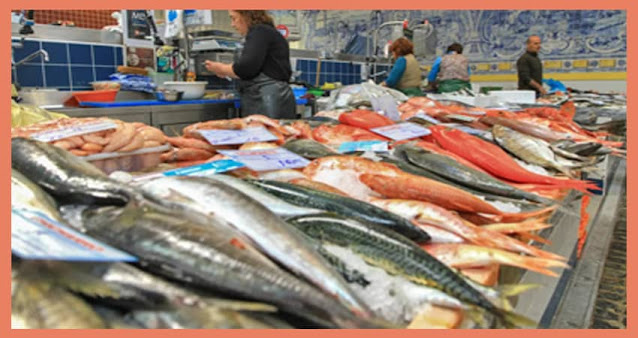
6. Flax or Chia Seeds: Flax seeds are high in fiber and, according to Davis, stimulate bowel movement, which increases bowel frequency and relieves constipation quickly and naturally.
7. Coffee: Both caffeinated and decaffeinated coffee can have a laxative effect, possibly by increasing gastrin, a hormone that causes the colon to contract. It is safe to consume four cups of coffee or 400 miligms per day. Don’t take many cups a day and this way you can get help to bowel bloated and constipated.
8. Water: Yes, water is the cure for all diseases because water helps digestion and prevents constipation, so drink at least 2.7-3.7 liters of water every day. Remember that when you increase the amount of fiber in your diet, you should also increase your fluid intake.
6 Worst Food for Constipation
We have discussed before that regarding taking food what to eat or what to eat when bloated and constipated? Right now, we will notice that what not to eat when bloated and constipated? We need to take special precautions before consuming food every day because general information about which foods can cause constipation is very important. Let's find out which are the constipation bad foods for.
1. Refined Seeds or Grains: products made of refined seeds, such as white bread and white dough, have a low size of the fiber, which causes constipation. Eating foods made with whole grains such as brown or barley is recommended.
2. Fried Food: When food is fried, it loses water and absorbs fat. It doesn't help with constipation, says Davis, because foods high in fat slow down digestion and make stools harder.
3. Green or Unripe Bananas: Unripe bananas contain starch, a kind of carbohydrate that is difficult for the body to digest and can worsen constipation.
4. Cheese: Though cheese is a good source of protein and calcium, it can cause constipation.
5. Highly Processed Foods: deli meats, hot dogs and sausages are often high amount of fat, sugar, and sodium. They are not only harmful to the body but also slow down digestion.
6. Alcohol: Alcohol dehydrates the body and worsens constipation. They also cause hard stools. Low fiber diets not only cause or worsen constipation but can also cause bowel inflammation and hemorrhoids. To avoid the health risks associated with a low-fiber diet, it is important to stick to the recommended daily intake of fiber.
Conclusion
Fiber bulks up stool and aids in digestion, so eating fiber-rich foods such as fruits, vegetables, leafy greens, and coffee can help relieve constipation. It's best to increase your fiber gradually to avoid gas or bloating. To relieve and prevent constipation, make sure you exercise regularly, eat a high-fiber diet, and drink plenty of water every day. Avoid eating unripe bananas, refined carbohydrates, or fried foods, as these can make your constipation worse. If you have been constipated for more than three weeks and your bowels are painful and bloody, call your doctor.
You might like: 8 Best Ways to Improve Your Digestion Naturally

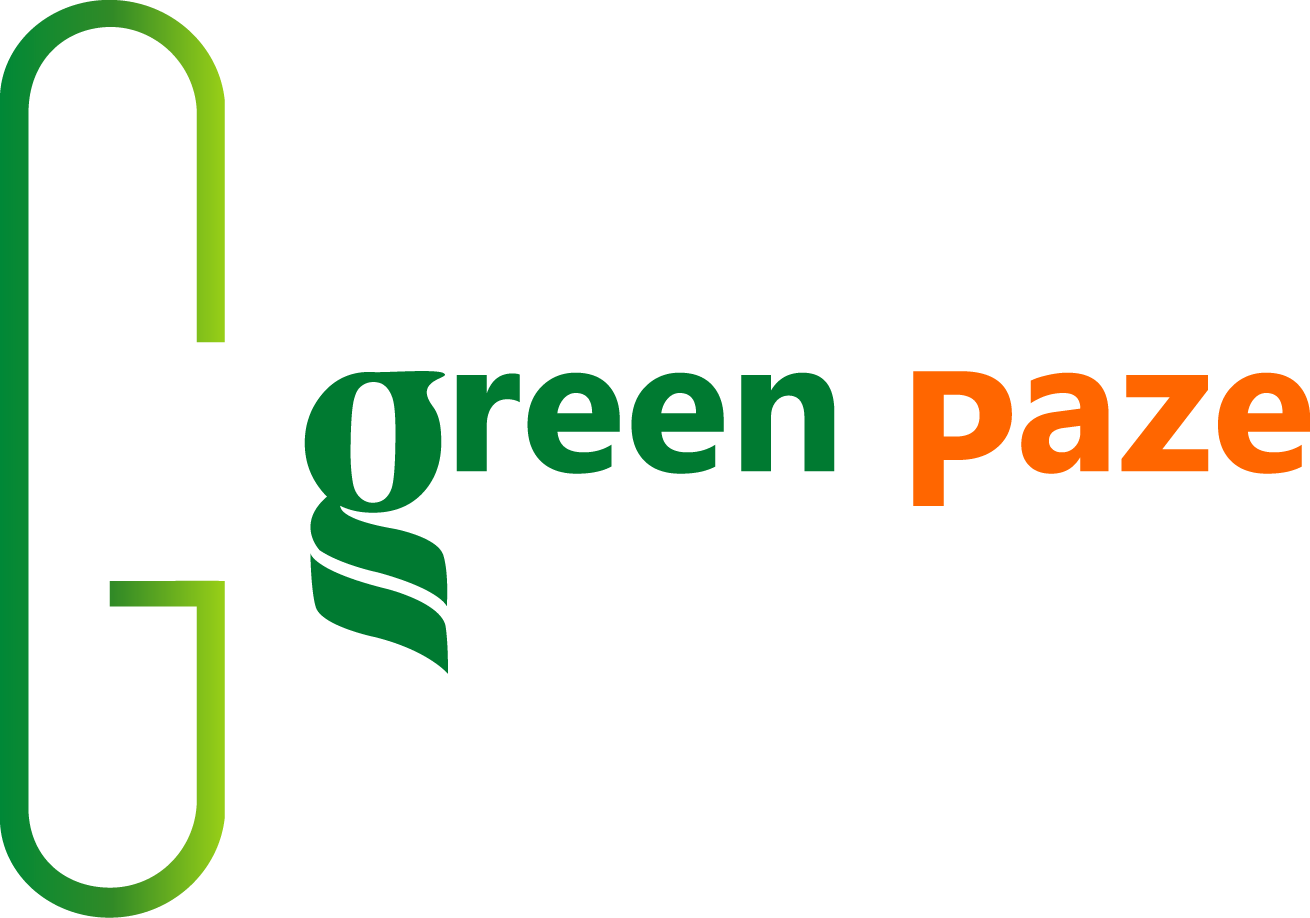



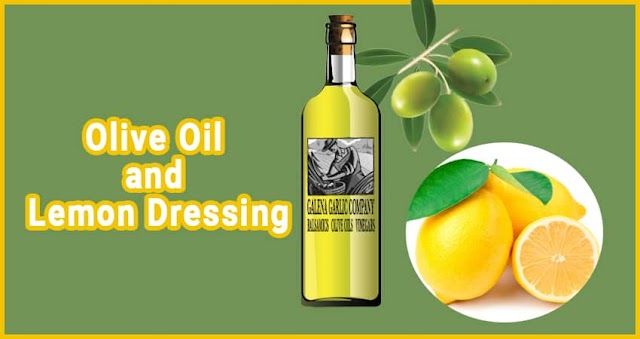



0 Comments